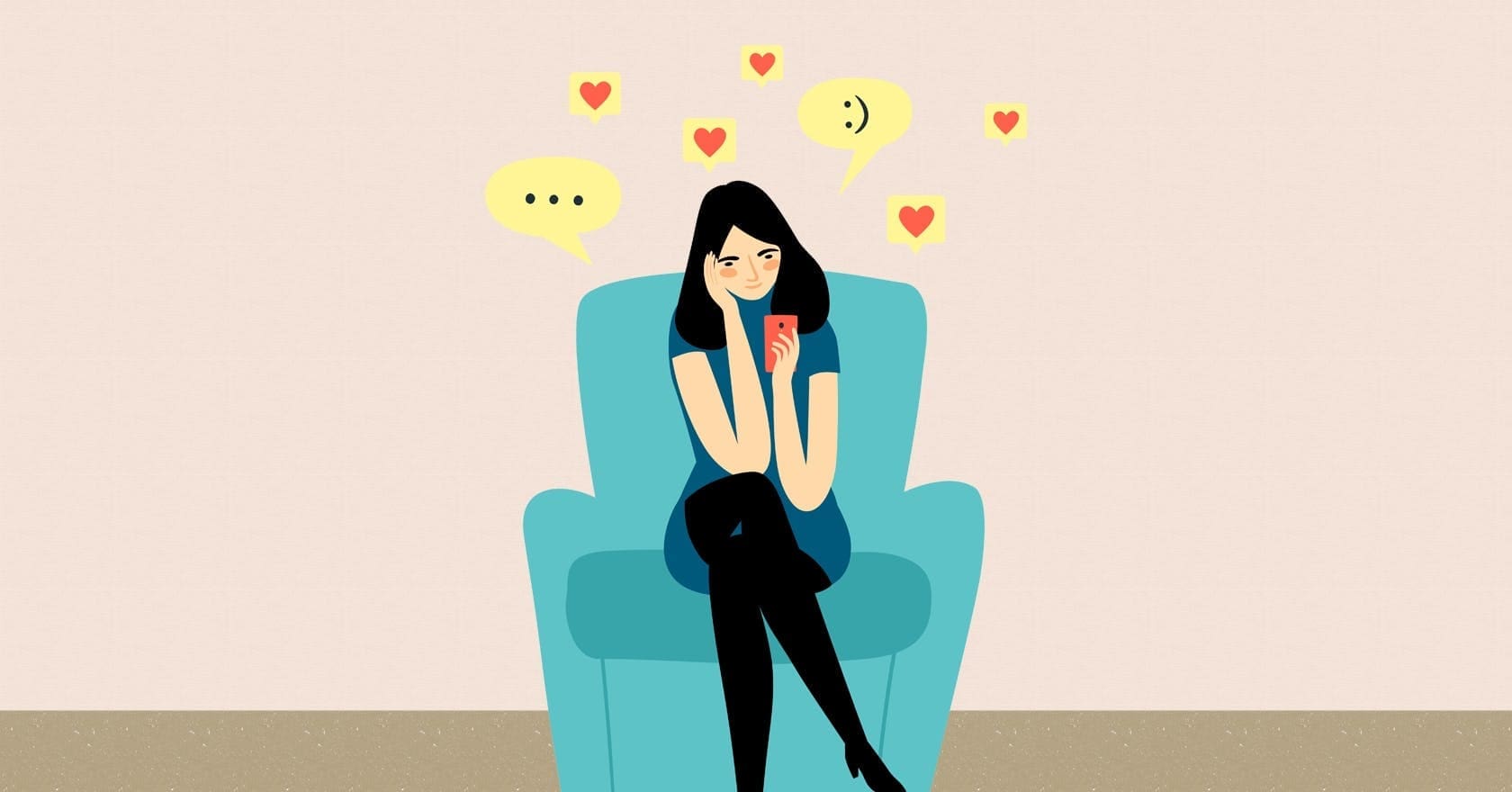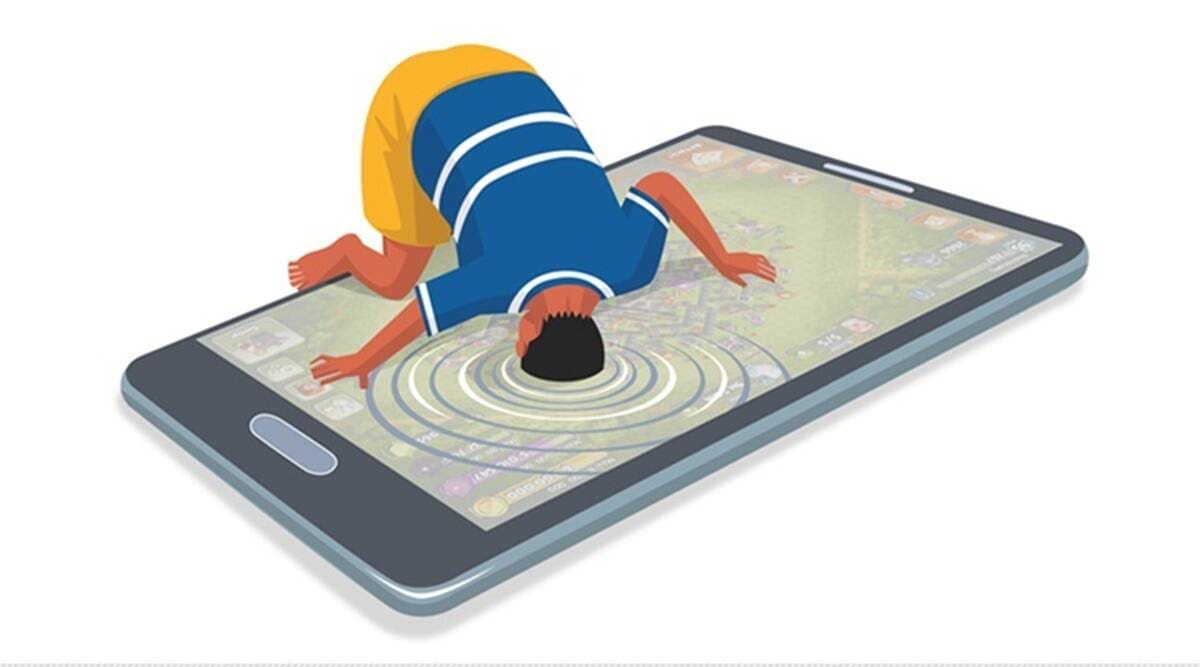
It is no secret that most of the world’s population has a social media account. The uses and advantages of having a social media account are many. The rapid decline in the state of mental health of social media users is evident. And it accounts for excessive consumption of the content displayed on social media. However, it doesn’t stop there. The consumption then leads to affecting the mind, and the lives. The impact created with steady big doses of consumption is massive and also negative.
Understanding Complexes
Social Media like any other aspect of life is of substantial value to some people. The reasons for this could be varied, but it all boils down to certain common problems. Many people who consume content on social media every day feel a strange decline in their self-esteem, some even undergo stages of depression, while some feel a strong fear of missing out. There are many kinds of theories attached to the consequences that come from the high consumption of social media content.
The Theory of Complexes by definition is a core pattern of emotions, memories, perceptions, and wishes in the personal unconscious organized around a common theme, such as power or status.
Complexes are of different types; one can have a complex about any aspect of life that can mean a significant value to that individual. Keeping social media in mind, it can be understood that various issues relating to feeling not ‘good enough’, feelings of uselessness, and worthlessness come into play. These could all be defined under the Inferiority Complex of this theory. Inferiority Complex as the name suggests is linked to feeling less. It is strongly in tune with having insecurities, feeling inadequate, and feeling unconfident. It affects a person so much so where they start believing themselves and their lives to be sparse. This also results in wanting to give up easily and being heavily sensitive to criticism.
Social Media contributes highly to people developing this complex. The platform to share, and connect transforms into a platform where you overexaggerate your contentment with life just to prove your life is happening as well. People view other users’ profiles and notice a dynamic shift in their mood, and their self-esteem as they begin to feel insufficient in terms of beauty, career, enjoyment, luxury, etc.
This also holds hands with developing tendencies towards Affective Disposition Theory wherein users enjoy watching the characters they like to have good things happening whereas their enjoyment decreases when something good happens to a character they don’t like. In terms of social media, with the users already feeling insecure and less, they relish viewing a particular person going through a negative experience.
Social Media and Life Today

More than 3 billion people find themselves on at least one of the many social media applications. With the rapid advancements in technology, life has certainly become very easy for us. Social media is one such technological advancement that has shaped and altered the lives and the way people live their lives to an extreme extent.
Face-to-face interactions have been replaced by interactions behind the screens. Living life is lost and forgotten, but surely posting glimpses of the said life on social media is the first priority. Users glorify and obsess over certain individuals and the way they carry forward their lives. This glorification and obsession become a major problem when the said user tries to compare themselves and their life with the individuals. The downsides that come with this comparison are of various types and intensities.
Social Media and Comparison
The pros and cons of social media are many. And in recent times, in some cases, the cons outweigh the pros. And who lets that happen? The users. The users of social media knowingly or unknowingly let social media control and impact their actions to an extent where the harm is done to no one other than them.
The cons are of various kinds and of various degrees. Young minds consume social media the most. And they allow themselves to have a chance at letting it create an impact on them. Surely, the impact can be positive. But in most cases, it is not. The need to prove yourself, and that your life and the people in it are picture-perfect is strong. At the same time, still feeling inferior and insufficient while you glance at other people posting their picture-perfect stories is the tale of the day.
Constant comparison to influencers and social media personalities urges you to bury your achievements along with all the good things in your life. And this comparison also forces the users to go seek validation. Validation from strangers and people you’re unfamiliar with.
Unrealistic expectations rise; expectations of one’s body, looks, life, and people in it as well. These expectations push the users into the pit of feeling inferior and less. Harmful disorders like, anorexia, bulimia, and binge-eating disorder take a comfortable seat in the lives of the users.
Of course, the most obvious way to get out of all of this is to simply not let all this bother you. Log out of social media for good. Just let it all go. But the toughest part of it all is, how to let it all go?

Social media definitely orchestrates the whole play that starts from comparison and draws the curtain with insecurities. All is done and dusted, the harm has been made. However, there is still a ray of hope beaming persistently. Social media breaks and education on how it is all a web of a made-up world should be propagated. Especially among the young generation. Following the idea of staying true to oneself and understanding that everyone’s different with all having their own brand of individuality should be done.

Be the first to comment